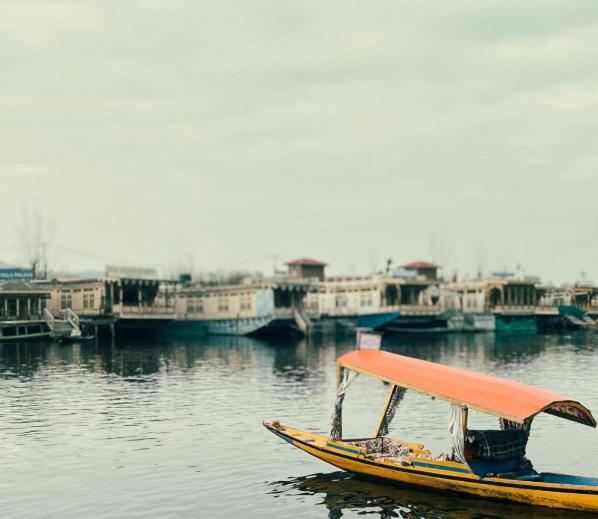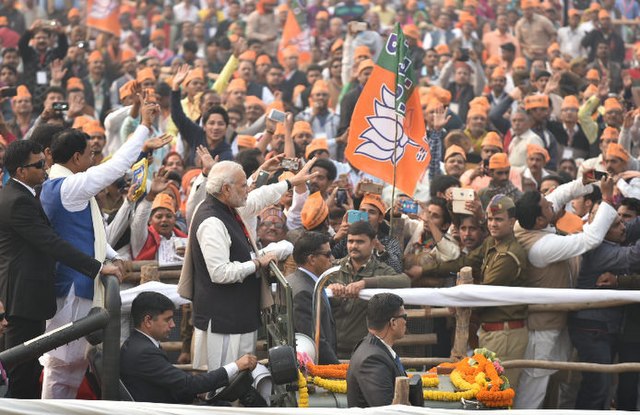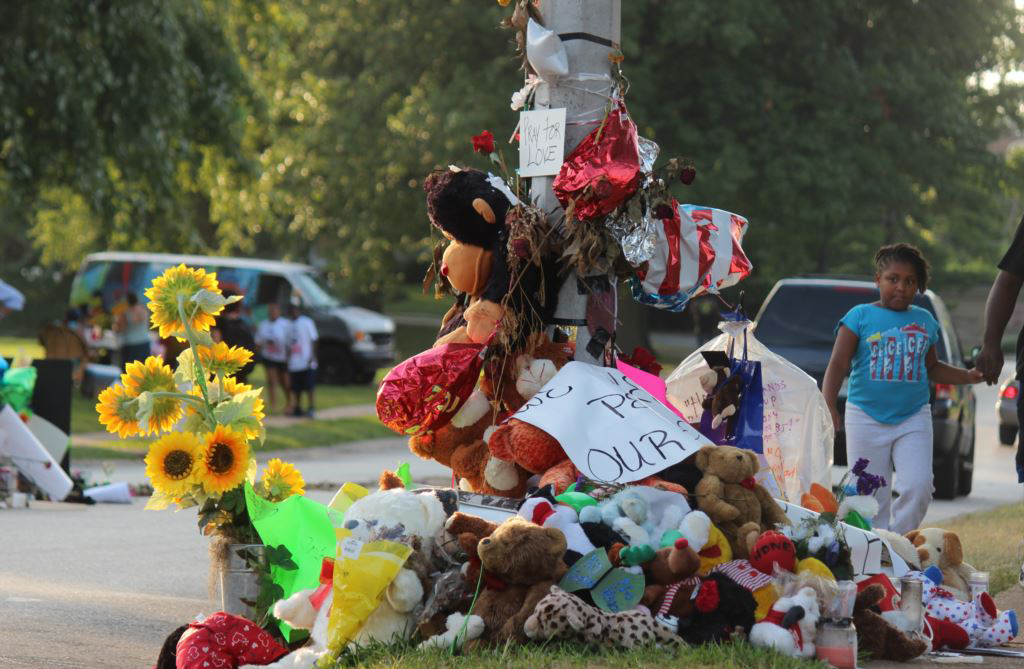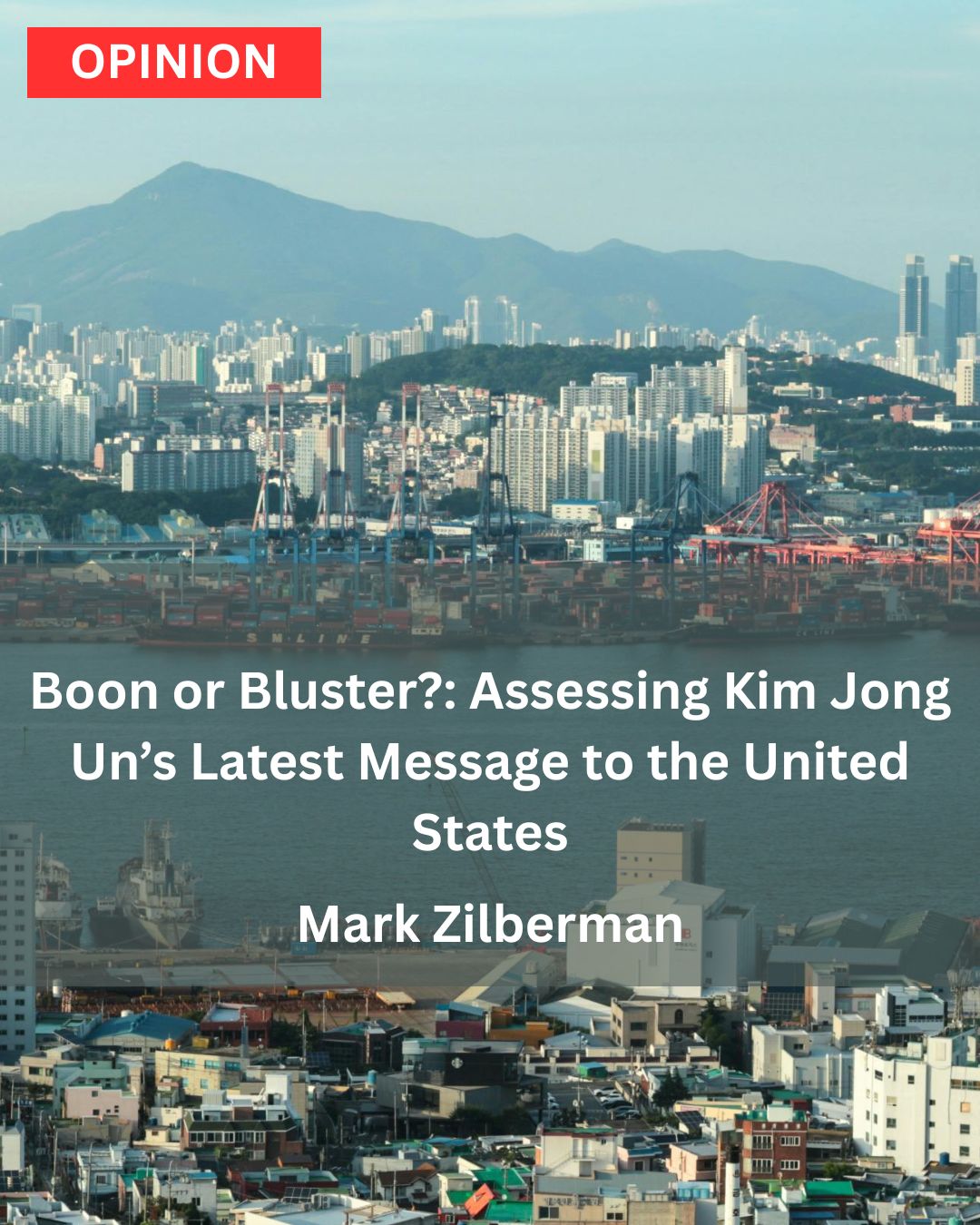A suppressed media, a voiceless minority and a dictator-in-chief. India, the largest “democracy” and now the most populated country in the world, is backsliding further towards authoritarianism. The BBC documentary, India: The Modi Question, aired in the United Kingdom on Jan. 17. Despite the documentary not being officially aired in India, the government banned the two-part documentary calling out the broadcasting station for a “colonial mindset.”
The government cited that the documentary portrays anti-Modi rhetoric and interferes with domestic politics. They effectively silenced any potential criticism from citizens, particularly Muslim citizens. As a result of the documentary and India’s response, the country is under international scrutiny and has heightened Indian-U.K. relations.
The Indian Ministry of Information and Broadcasting invoked Special Emergency Rule 16 of the “IT Rules 2021” to ban the documentary. An agent can view the information in question and submit a recommendation to the Ministry of Information. This law has allowed the government to promote their agenda and curb any shred of information that goes against the BJP and Modi.
This is a gross violation of the universal principle of freedom of speech and expression. The country is restricting free press, and the government is actively suppressing journalists. Media and press freedom in India has been threatened under Congress and the leading opposition party previously in power. However, the BJP, the current ruling party, has taken it to another level: persecution of journalists, banning apps and websites and shutting down any opposition.
The documentary highlights the critical role that Prime Minister Narendra Modi played in the deadly Gujrat riots of 2002. He was serving as the Chief Minister of Gujarat, a BJP leaning-state, when the clashes between Hindus and Muslims led to the deaths of almost 1,000 people.
Gujarat is located in the western part of the country with only less than 10% of its population identifying as Muslim compared to 89% as Hindus.
The Gujarat violence was a three-day period of unrelenting chaos in February 2002 that ensued, sparked when a train carrying Hindu pilgrims was set on fire resulting in the death of 58 individuals. This prompted an immediate retributory response from the Karsevaks, or Hindu civilian volunteers, against the state’s Muslim community. According to figures released by the government, the violent clashes ended with the following toll: 790 Muslim deaths, 254 Hindu deaths and over 200 injured.
The document revealed through an unreleased report from the British Foreign Office states that Prime Minister Modi bears direct responsibility for the “climate of impunity” that facilitated the violence and suggests it had the characteristics of ethnic cleansing. The BBC also uncovered other memos by the British government and Western diplomats, including former British Foreign Secretary Jack Straw, who strongly criticized Modi’s actions during that time.
While the then-Chief Minister Modi was cleared by a Supreme Court appointed special investigation team in 2013, there were many claims throughout the country of widespread evidence of tampering. Many scholars still believe that the Gujarat violence was no short of a pogrom.
Muslims and other minority groups under the Modi government have faced marginalization which began ever since he took office in 2014. This is not the first time that the government has covered up persecuting its minorities. From Kashmir to Karnataka, cries of minorities often go unnoticed because of their crime of either being born in or living under this “dictator-in-chief.”
The ban on the documentary is more than just censorship — it is a leap towards the same kind of governance India once fought against under British colonialism. In recent years, Modi’s BJP party has carried out local and national efforts to proselytize its minorities and promote its Hindu nationalist ideology.
Some key examples include:
The hijab and beef ban in the South Indian state of Karnataka. Girls and women in educational institutions are no longer allowed to wear their headscarf or hijabs. Furthermore, the state has banned all consumption of beef and slaughtering of cows as it goes against Hindu customs.
Uttar Pradesh, a state in Northern India, passed a law aimed at curbing interfaith relationships, specifically Hindu-Muslim marriages. Not just limited to UP, the phrase “love jihad” is used by BJP politicians to promote a theory that Muslim men lure Hindu women into marriages to convert them to Islam. Furthermore, the Prohibition of Unlawful Religious Conversion Ordinance requires anyone who converts to seek approval from the district court or face ten years in prison.
Several states ruled by the BJP have recently passed or are considering similar laws, including Madhya Pradesh and Himachal Pradesh. These laws are similar to existing anti-conversion laws in other states such as Odisha, Chhattisgarh, Gujarat, Jharkhand, Arunachal Pradesh and Uttarakhand, which have been used primarily against minority communities, particularly Christians, as well as members of Dalit and Adivasi communities.
More widely reported is the Citizenship Amendment Act (CAA) which was passed just as Modi came to power in 2019. The discriminatory law fast tracks the asylum claims for non-Muslim refugees by staggering the process for refugees coming from Muslim majority countries such as Pakistan, Bangladesh and Afghanistan. Currently, the country is polarized as the government attempts to make the National Register of Citizens (NRC), a register aimed identity “illegal migrants,” into law. Muslims now fear for their citizenship in, for what is for many, their home country.
The ban on this BBC documentary just shows the lengths to which the Indian government will go to rebuke any citizen it faces. India seems to now be a democracy in name only. This ban coupled with these earlier developments show an alarming trend of a country set towards a path of total suppression of individual rights and freedoms and a disregard for the rule of law and democracy. In short, an autocracy.








